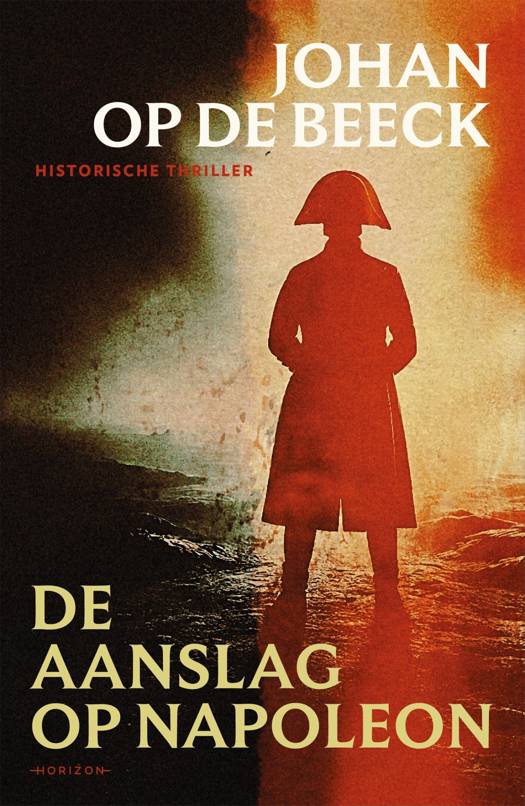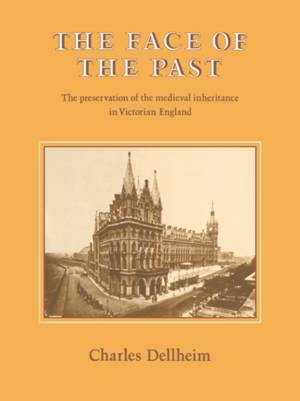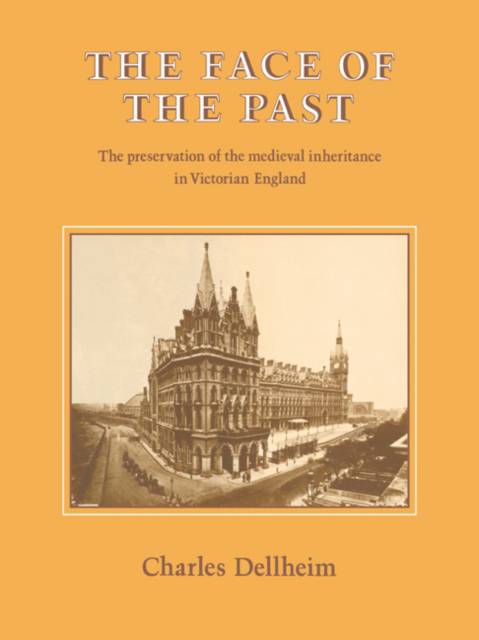
- Afhalen na 1 uur in een winkel met voorraad
- Gratis thuislevering in België vanaf € 30
- Ruim aanbod met 7 miljoen producten
- Afhalen na 1 uur in een winkel met voorraad
- Gratis thuislevering in België vanaf € 30
- Ruim aanbod met 7 miljoen producten
Zoeken
The Face of the Past
The Preservation of the Medieval Inheritance in Victorian England
Charles Dellheim
Paperback | Engels
€ 64,95
+ 129 punten
Omschrijving
It is a striking paradox of nineteenth-century England that as it became the first industrial nation, it became increasingly fascinated by its preindustrial past and, in particular, its medieval inheritance. The preservation of that inheritance was a major cultural achievement of Victorian England, one that resonates in contemporary historic preservationist movements still so common throughout England. This is a study not of an elite of artists and thinkers but of broad cultural activities, such as local archaeology and tourism, historic preservation and restoration, and architectural historianism. Professor Dellheim argues that the interest in the medieval past was far more than a revolt against modern civilization. The concern with the past had both 'progressive' as well as 'conservative' uses and expressed and reflected both provincial and national consciousness. In its broadest sense, the book shows how the Victorians reworked tradition to suit the needs of their unprecedented society.
Specificaties
Betrokkenen
- Auteur(s):
- Uitgeverij:
Inhoud
- Aantal bladzijden:
- 236
- Taal:
- Engels
Eigenschappen
- Productcode (EAN):
- 9780521602761
- Verschijningsdatum:
- 25/03/2004
- Uitvoering:
- Paperback
- Formaat:
- Trade paperback (VS)
- Afmetingen:
- 210 mm x 279 mm
- Gewicht:
- 539 g

Alleen bij Standaard Boekhandel
+ 129 punten op je klantenkaart van Standaard Boekhandel
Beoordelingen
We publiceren alleen reviews die voldoen aan de voorwaarden voor reviews. Bekijk onze voorwaarden voor reviews.











